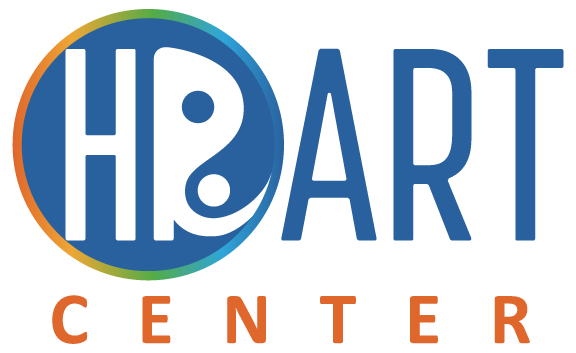“Human Resource Management is the term generally applied to those activities concerning the management of people.”
This definition of HR was found in a textbook. A textbook that I highly recommend, if you are looking to obtain a solid foundation in HR. The book is Human Resource Management by Robert L. Mathis and John H. Jackson. At first, I was critical of this definition because of how vague it was, but then I realized the necessity for vagueness. Despite, how long Human Resources has been around as an industry and profession, we are still figuring out who exactly we are within the organizations we serve.
Sure we take care of administrative tasks surrounding the people that work for an organization (i.e. hiring, firing). But that is not all we do, we are involved with every activity concerning people within our organizations and in situations where we are not involved, we are asking why we aren’t involved.
Before I digress too much, let’s return to the original intent for this blog. I’d like to take this opportunity to share the two major reasons why I believe HR by definition is so vague and so broad.
One. The Organization.
Every organization has its own unique set of needs and demands from HR and as a result, creates an organization HR department that fulfills those needs and demands. In all scenarios, it is the organizational vision and mission that dictates the HR focus. It is the culture that establishes the organizational HR role. As much as we want to believe that it is the person in the role that creates this structure, the majority of it is dictated by the organization.
This is why, as an HR practitioner, you may feel like you are slamming your head against the walls of office politics when attempting to manifest change. Don’t get me wrong change is possible. As an industry and profession, HR has some amazing best practices and powerful strategies. The unfortunate scenario is that the integration of these practices and strategies is not common.
The administrative people tasks are the only common expectation right now of Human Resources as an industry. This is even further reiterated by the use of the word, management, in the definition. Managing is a task-focused action and does not lend towards being strategically driven. There are tons of initiatives being put in place by professional HR associations to expose the true potential HR possesses.
But until a true recognition occurs of the value HR possesses for our organizations, it will continue to be a department built upon a foundation of reaction.
Two. The People.
At the core of what we do, is people. People, in general, are always in a constant state of growth. Think about personalities and generations, then add on the layer of team dynamics. These dynamics are unique to your specific group of individuals you are managing. A group that is constantly changing as a result of natural turnover and personal growth.
In other words, when it comes to managing people at my place of work in comparison to managing people at your place of work – it can be a completely different ball game.
One of the things I find fascinating is watching MaryRose navigate the different organizations that she provides HR Support Services. As expected, each organization is different, but so are the people. Which we could arguably say is what actually makes our organizations unique. It is the people that create our organizations and people cannot be specifically defined, they are a variable that makes this profession unpredictable and exciting.
Establishing an HR Foundation.
Despite these two major variables that result in HR being somewhat broad and vague. There is a foundation that we build upon as an HR practitioner. It is this foundation that allows us to adapt and navigate the major variables of the organization and its people.
Our HR 101 workshop was designed to provide this foundation to anyone seeking an understanding of the core functions of Human Resources. In addition, we offer this workshop in a small class environment that allows you to get answers to how this knowledge directly applies to your current organizational dynamics. Learn more.
Sincerely,







